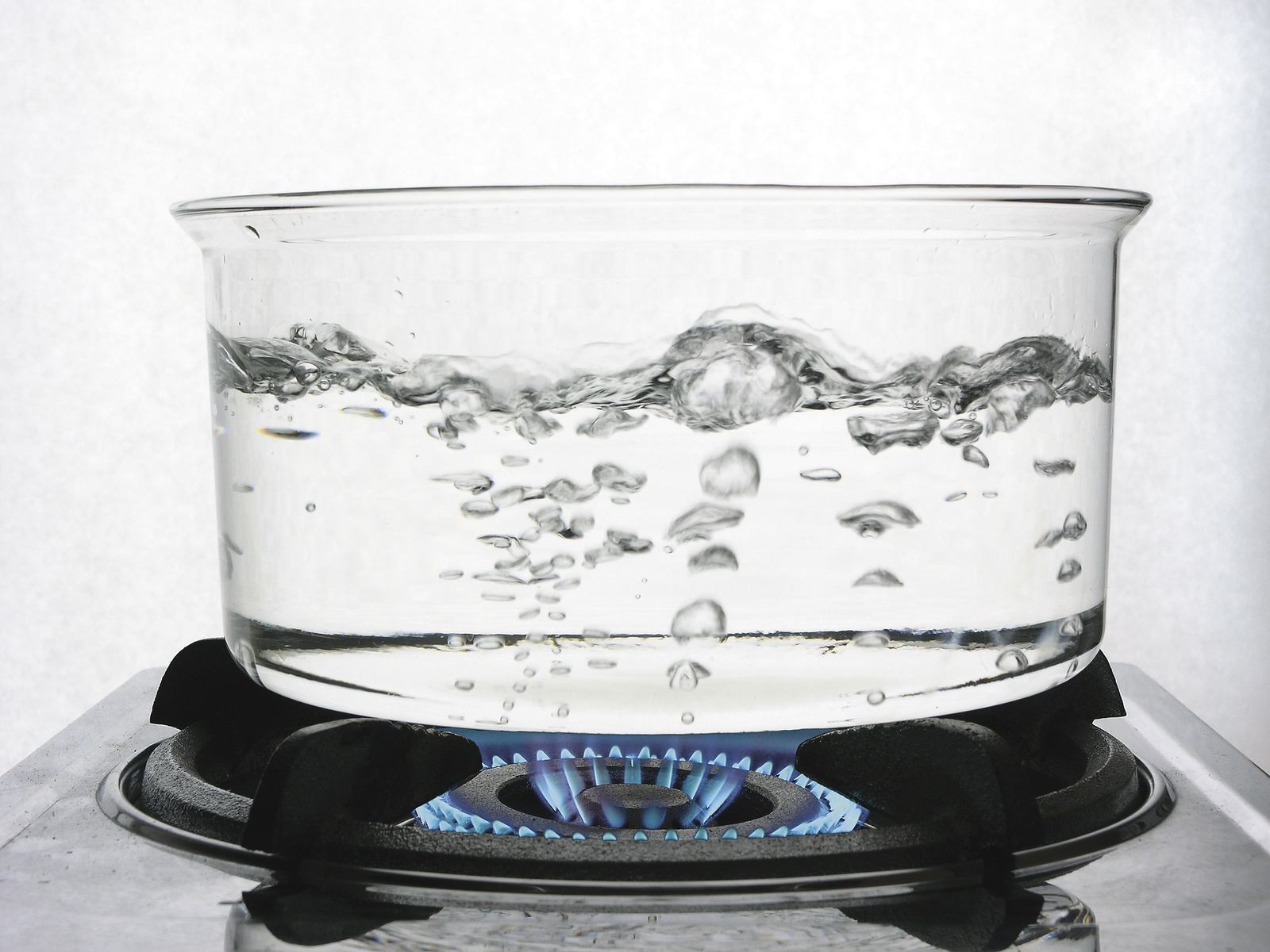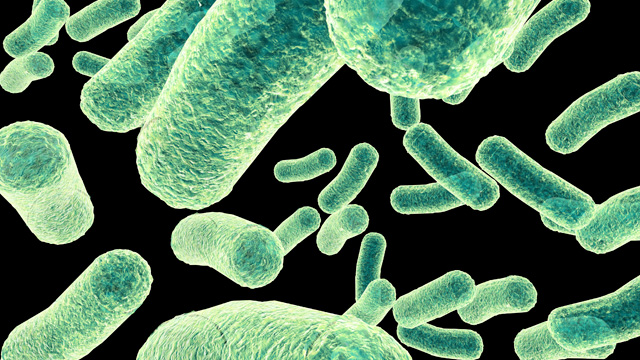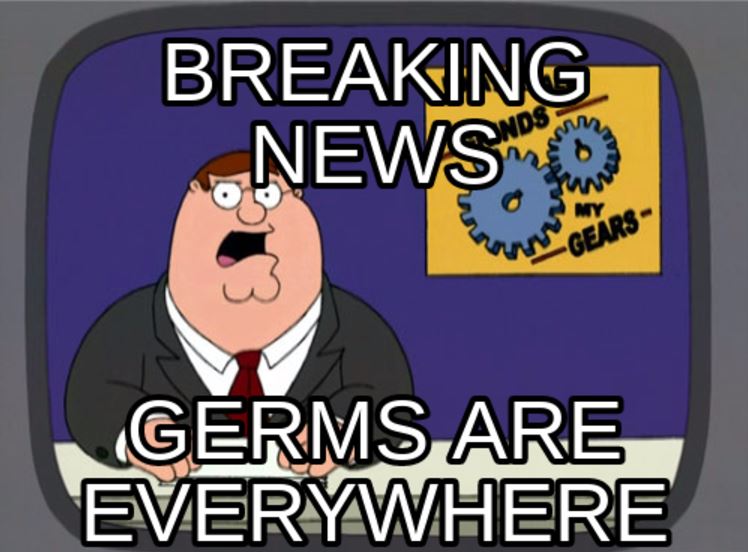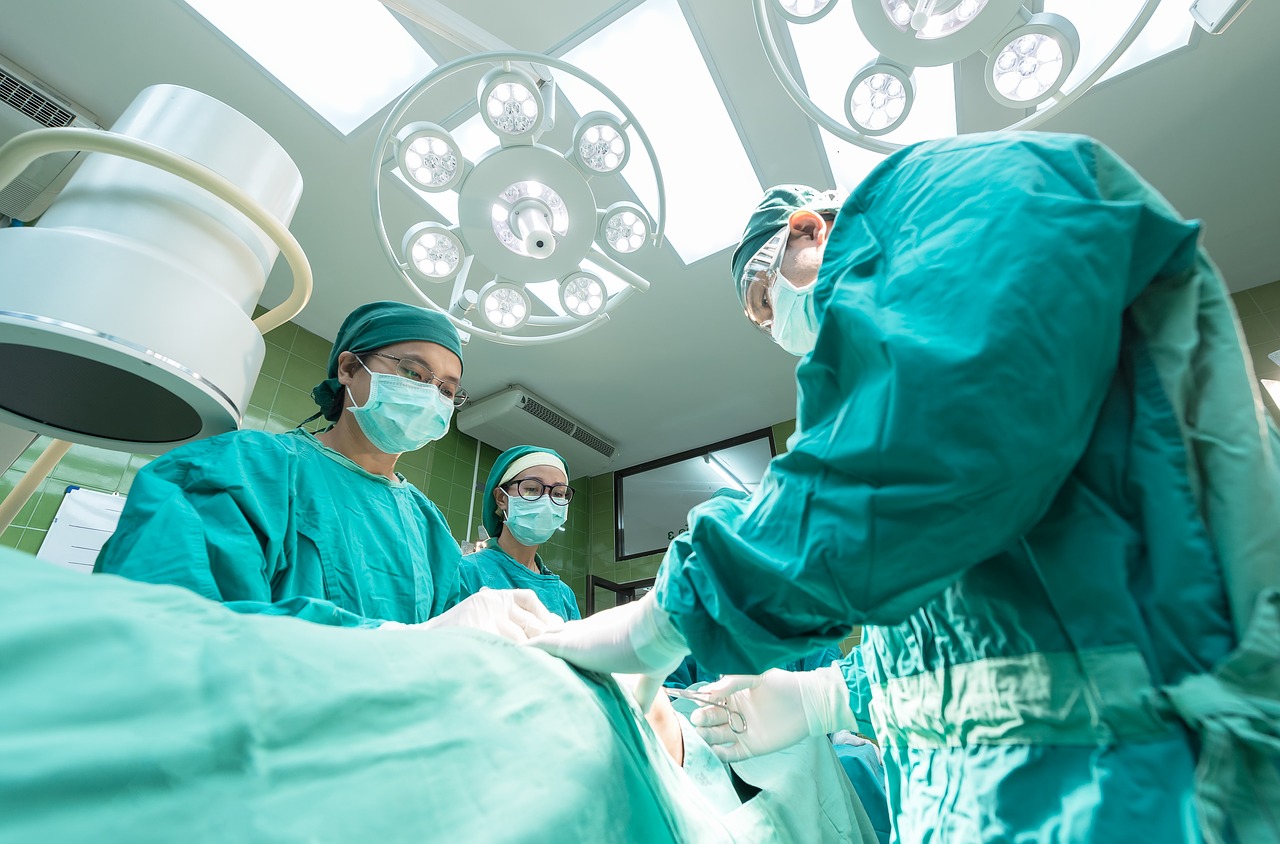When You Boil Water To Kill The Bacteria In It Where Do Their "Corpses" Go?
They don't evaporate up to bacteria heaven unfortunately.
And washing our hands after using the toilet to make sure they're free of germs
It's the obvious thing to do.
But have you ever thought about dead bacteria and what happens to them after you’ve killed them?
Unfortunately, they don't evaporate and go to bacteria heaven.
They're still very much there in the water you're about to drink. And your hands you just washed. Their dead bodies, anyway.
But just how bad is it to have dead bacteria on you?
When your only concern is food and water, dead bacteria isn't really something you have to care for much. Everything food touches as it goes through your body—your hands, mouth, digestive tract and so on—is covered in bacteria.
And there's not much you can do about it.
The only concern is when dead bacteria gets into places that aren't supposed to have bacteria in the first place
For example, if it were to somehow get into your bloodstream, your body would develop an immune reaction. Depending on how serious it was, it's possible you could get a fever.
That's why you should refrain from touching an open wound, even if you're sure your hands are clean.
This is because our body can't tell the difference between alive and dead bacteria
This is just due to how your immune system spots things that aren't supposed to be there.
The fact that bacteria is where it shouldn't be in the first place is enough to trigger your system.
Think of your immune system this way:
You walk into your house and see a cockroach.
Is it going to hurt you? No.
Do you freak out anyway? Yes.
This is why cleanliness is so important in hospitals, especially during surgical procedures
During surgeries, there are very long and complicated steps to clean tools they use that have direct contact with your body. The result is clean tools that have so little biological matter on it that your immune system could never sense anything.





